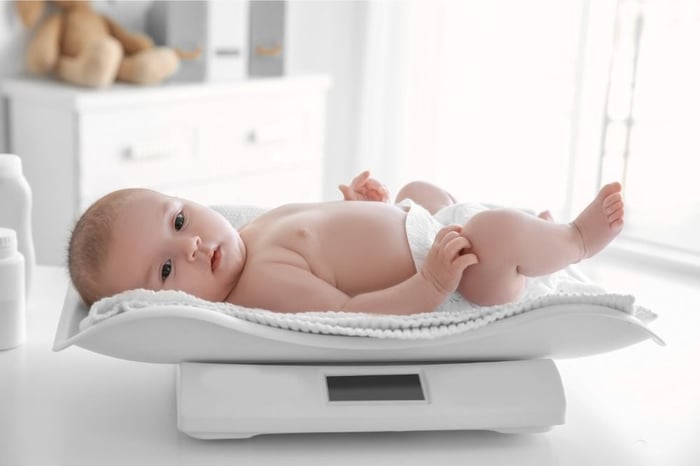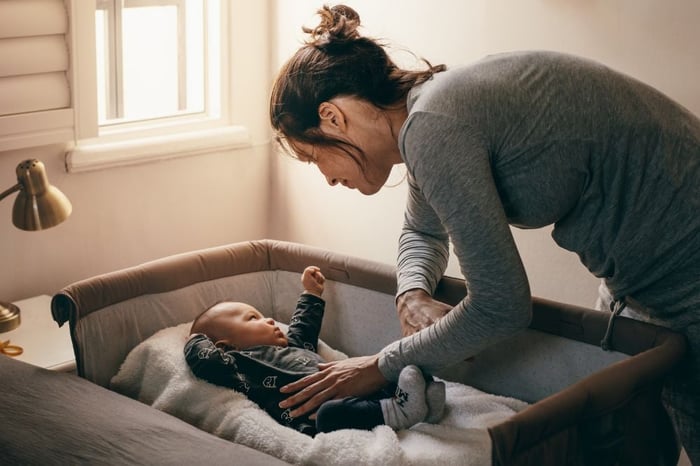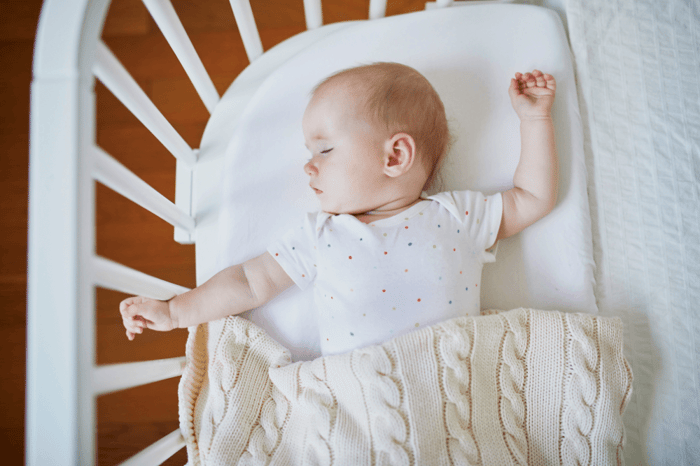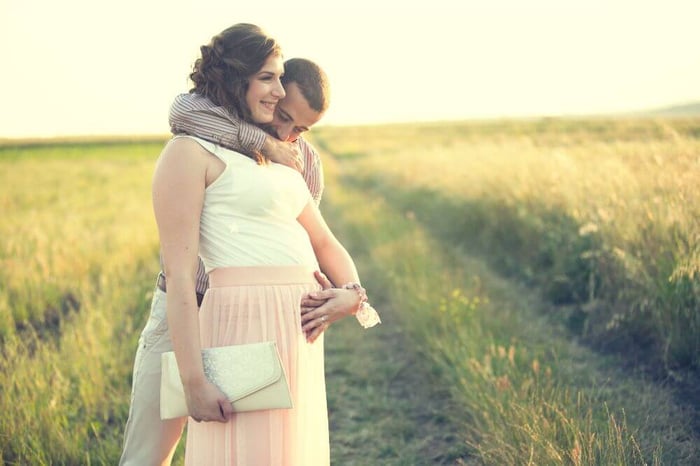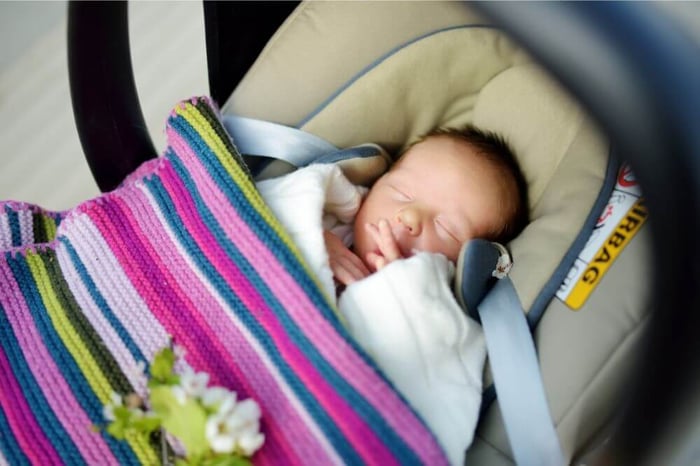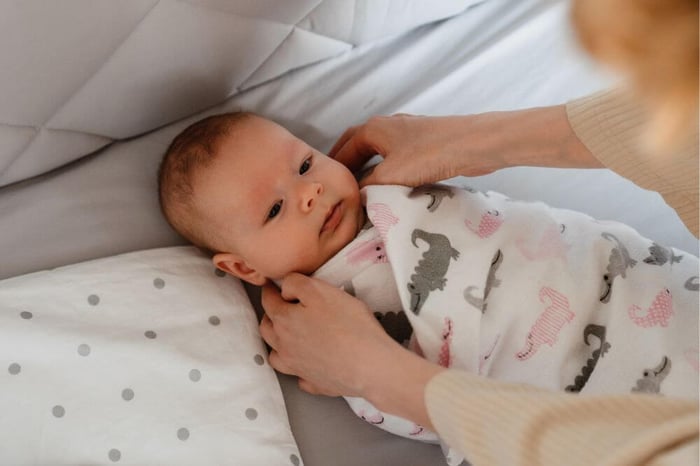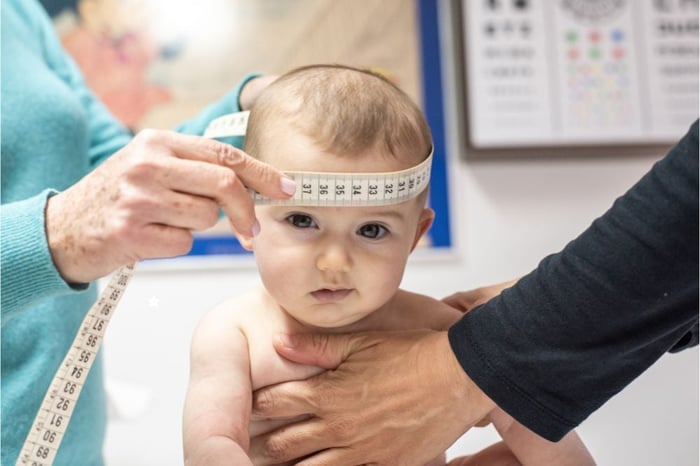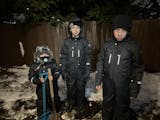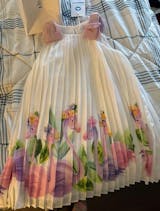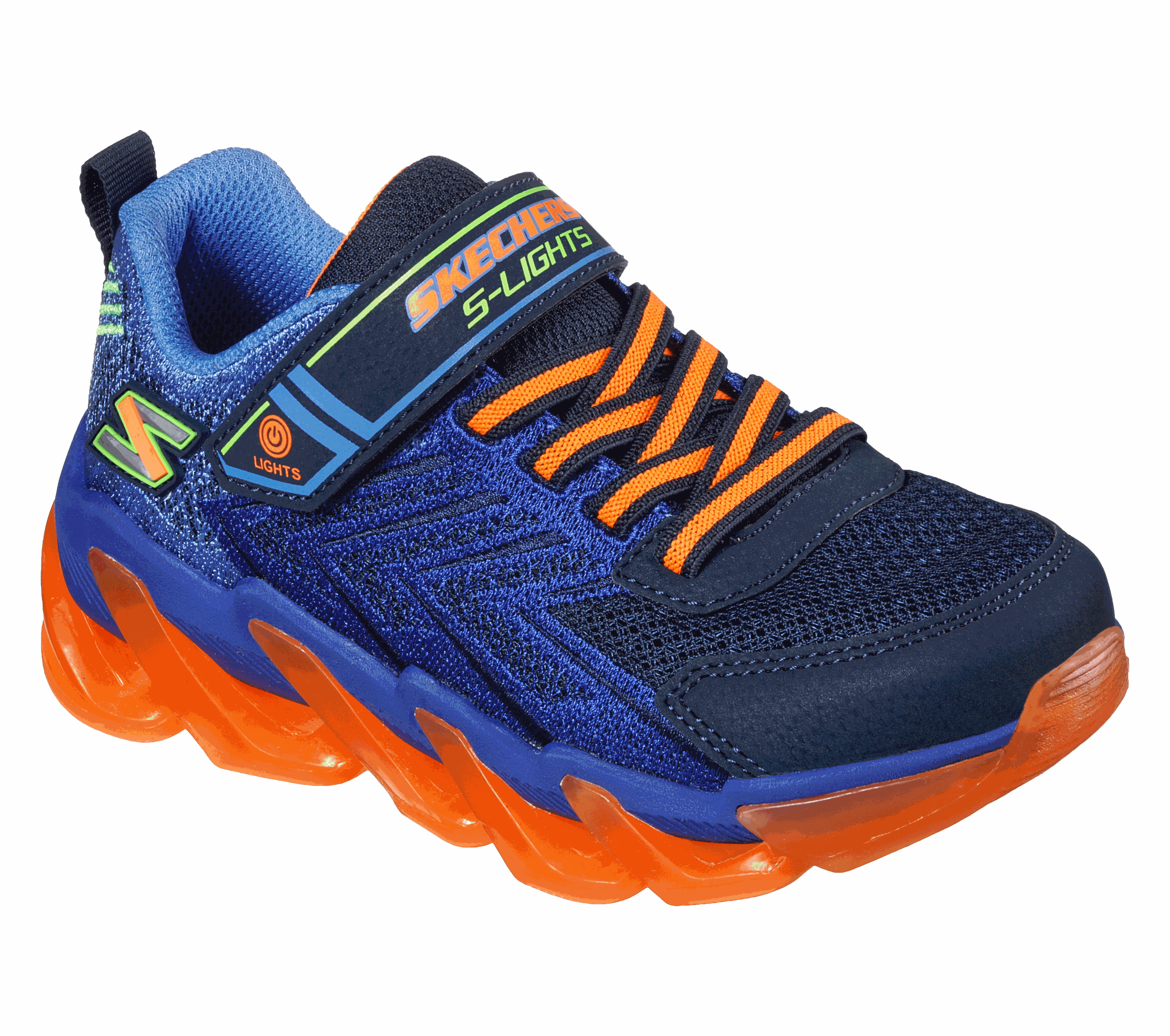How to weigh a newborn at home? Becoming a parent is an exciting feeling filled with many firsts, like watching your newborn grow. Holding your baby close and feeling their tiny fingers and soft skin fills your heart with joy.
As a new parent, you want to ensure your baby is healthy and booming, including monitoring their growth and health. Regular weight checks are important, but getting to a clinic can sometimes be challenging. Whether due to unexpected reasons or simply wanting to keep a close eye on your little one, knowing how to weigh your baby at home is incredibly useful.
But don't worry! We'll guide you through simple methods, tips, and tools to ensure that you can weigh your baby accurately and keep track of its growth.
Why Weighing Your Baby is Important?

Keeping track of your baby's weight will help them grow well and get the nutrition they need. Usually, babies lose some weight in the first few days after birth but should regain it soon. Babies typically gain about 0.3 to 0.4 pounds weekly in the first six months. Your baby should weigh roughly three times its birth weight by its first birthday. Regular weigh-ins can help you monitor their growth and catch potential issues early on.
What You'll Need to Weigh Your Baby at Home?
Before we begin, let's gather some essentials. Here's what you'll need to weigh your baby at home:
Baby Scale:
This is the most accurate option. You can buy one online or check with your health visitor if they can lend one.
Standard Bathroom Scale:
A common household item that can work with a few simple adjustments.
Pen and Paper:
To record your baby's weight and track their progress.
Related Post: How to measure infant length?
How to Weigh a Newborn at Home? 3 Methods You Must Try

Method 1: Using a Baby Scale at Home
Baby scales are designed to weigh infants and provide the most accurate readings. Here's how to use one:
1. Set Up the Scale:
To begin, place the scale on a flat, hard surface like the kitchen or bathroom floor, ensuring stability for accurate readings. Avoid carpets or uneven surfaces, as they can affect the scale's precision.
2. Zero the Scale:
Before placing your baby on the scale, make sure it reads zero. If you're using a blanket, place it on the scale first and zero it out to account for any added weight.
3. Weigh Your Baby:
Carefully place your naked baby on the scale, making sure they are calm and positioned centrally. Minimizing movement to obtain a precise measurement is important for accurately monitoring growth.
4. Record the Weight:
After obtaining the weight measurement, record it along with the date and time in a dedicated notebook or digital tracker. Consistently tracking these details allows you to identify patterns or concerns in your baby's growth over time.
Method 2: Using a Standard Bathroom Scale
If you don't have a baby scale, you can use a regular bathroom scale with these steps:
1. Weigh Yourself:
Begin by stepping on the scale yourself and noting down your weight. This initial measurement will be the baseline for calculating your baby's weight.
2. Weigh Yourself Holding Your Baby:
Next, pick up your baby and step on the scale again. Record the combined weight on the scale, ensuring you and your baby are stable for an accurate reading.
3. Calculate Your Baby's Weight:
To determine your baby's weight, subtract your initial weight (step 1) from the combined weight (step 2). This simple subtraction gives you an approximate measurement of your baby's weight at that moment.
For example, if you weigh 150 pounds and the combined weight is 151 pounds, your baby weighs 1 pound.
Method 3: Using a Baby Bath and Standard Scale
Another option is to use a baby bath along with a standard scale:
1. Prepare the Bath:
Start by placing an empty baby bath on the scale and ensuring it reads zero. This step will ensure accurate measurement by accounting for the weight of the bath itself.
2. Weigh Your Baby:
Carefully place your naked baby in the bath and wait for the scale to stabilize. Note down the weight displayed, keeping your baby comfortable and secure during the process.
Make sure the bath doesn't touch the floor or hang over the edges of the scale, as this can affect the accuracy.
Tips for Accurate Weighing of Newborns
Certainly! Here are the expanded points with the additional tips added:
1. Have Consistency in Weighing Your Baby:

Ensure you weigh your baby simultaneously daily or weekly to maintain consistent measurements. This routine not only helps detect subtle weight changes more effectively but also aids in the early identification of growth patterns or potential health concerns. Consistency provides a reliable basis for comparison during pediatrician visits or health assessments, ensuring your baby's development is closely monitored.
2. Have Comfortable Conditions for Weighing Your Baby:
Create a soothing environment for weighing your baby to ensure an accurate reading. Choose when your baby is calm and settled, such as after a nap or feeding. Use a soft, supportive surface like a cozy blanket or plush towel on the scale to enhance comfort during weighing. Gentle handling and a reassuring touch help maintain your baby's relaxation throughout the process, making it a pleasant experience for both of you.
3. Maintain Hygiene for Baby Scale:
Keep your baby's scale clean and hygienic to uphold accuracy and health standards. Regularly wipe down the scale with a mild disinfectant or gentle soap and water solution to remove dust, spills, or residue. Pay attention to the scale's surface and any crevices where dirt may accumulate, as these can affect weight readings over time. Following manufacturer guidelines for cleaning ensures the scale remains in optimal condition for precise measurements and supports your baby's ongoing health monitoring.
These additional tips will increase the accuracy and comfort of weighing your baby, ensuring reliable measurements for their growth and development.
4. Regular Check-Ups:
While home weigh-ins are convenient, they complement rather than replace regular check-ups with your doctor. Professional medical scales offer precise measurements, and your doctor can provide valuable insights into your baby's health and development during these visits.
5. Seek Help If Needed:
Trust your tendency and seek help properly if you are unsure or concerned about your baby's weight or growth. Your health visitor or pediatrician is there to provide support, guidance, and reassurance. Early intervention can address any issues and ensure your baby's health and well-being are prioritized.
Need to Buy Some Baby Apparel?

Looking for the perfect baby clothes that combine comfort, style, and quality? Look no further than Jenni Kids! Our collection has a wide range of baby apparel to keep your little ones cozy and cute. We offer:
Premium Quality:
Our apparels are made from high-quality, soft fabrics that are gentle on your baby's skin. From pajamas to socks, all the product on our website (Jenni Kidz) high quality.
Adorable Designs:
From charming prints to trendy styles, we offer various options to make your baby look even cuter.
Affordable Prices:
We provide stylish and comfortable baby clothes at prices that won’t break the bank.
Visit our website (Jenni Kidz) to explore our full collection and find the perfect outfit for your little one.
Takeaway: How to Weigh a Newborn at Home?
Learning how to weigh your newborn at home helps you easily track their growth. Whether using a baby scale or a regular bathroom scale, these methods give you important information about your baby's development. Regular checks ensure you can monitor and take good care of their progress. It's a simple way to bond with your baby and ensure they're healthy and growing well right from home, creating peace of mind for new parents. Enjoy these precious moments with your little one, and happy weighing!
FAQ’s: How to Weigh a Newborn at Home?
1. Why is it important to weigh my newborn at home?
Regular weighing will help you monitor your baby's growth trends and overall health progression. It allows early detection of any issues, ensuring timely intervention if necessary, and provides peace of mind for parents. This proactive approach supports informed decisions about feeding, development, and overall well-being from home comfort.
2. What precautions should I take when weighing my newborn at home?
Ensure the scale is on a stable, flat surface to prevent accidents. If using a standard scale, place a soft cloth or towel to protect your baby's skin. Always handle your baby gently, ensuring they are calm and securely positioned for an accurate measurement.
3. What should I do if my newborn's weight gain seems inconsistent or slow?
If you notice irregularities in your newborn's weight gain, consult your pediatrician promptly. They can assess your baby's overall health, feeding habits, and growth patterns, guiding adjustments to feeding or potential medical interventions if necessary. Early intervention ensures your baby receives optimal care and support for healthy growth.
4. Can I weigh my newborn at home without specialized equipment?
Yes, you can weigh your newborn at home using everyday items like a standard bathroom scale or improvised methods. Techniques such as weighing yourself first and then holding your baby to calculate the difference can provide approximate measurements. These methods offer convenience while ensuring you can monitor your baby's growth between doctor visits.

